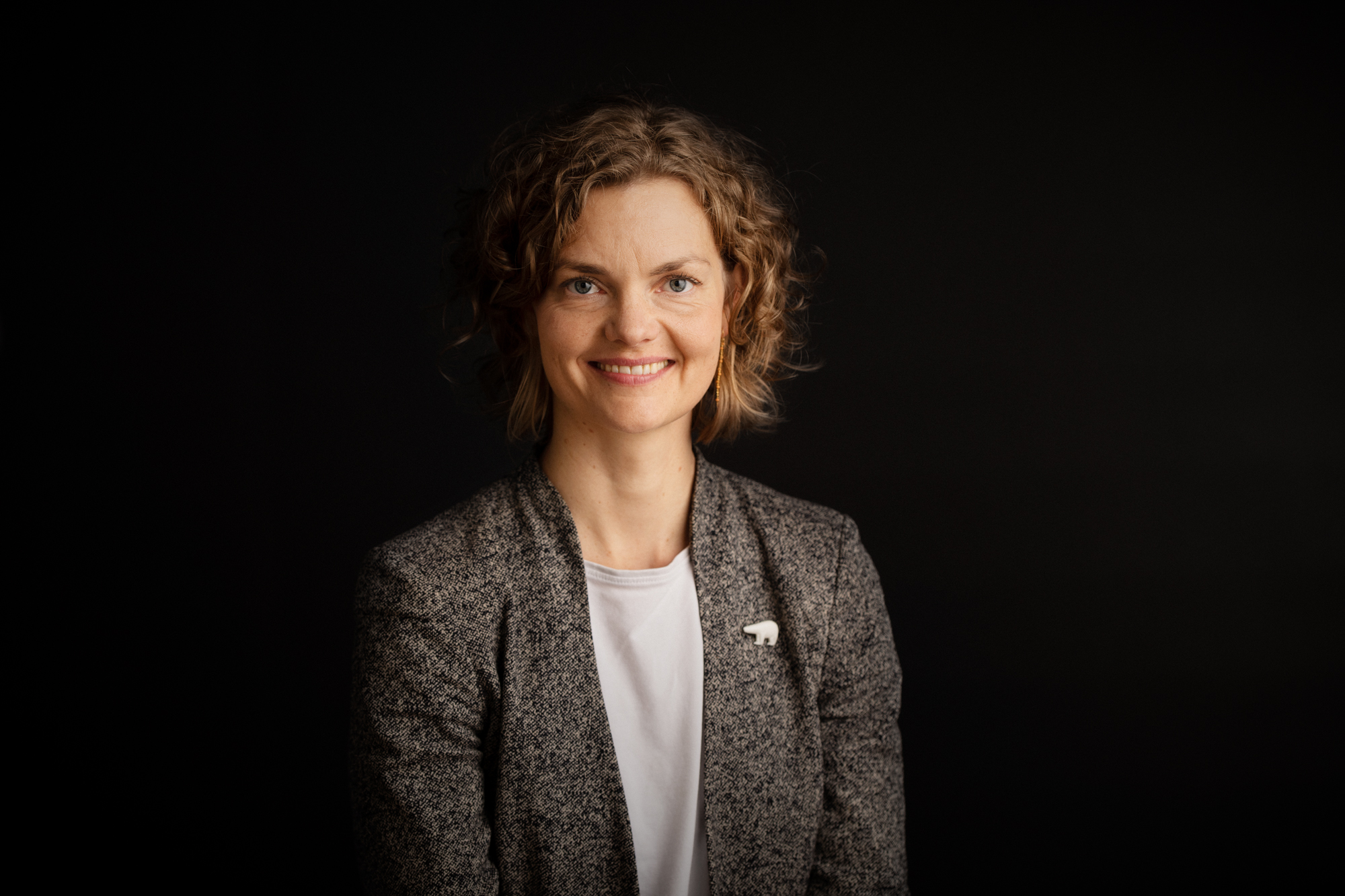Sarah Wadmann
Research leader

Project title
Universal Access, Differentiated Care: Personalized medicine in the Danish welfare state
What is your project about?
This project is about disease categorization. That is, how the pathological is delineated from the normal and how these divisions influence patient treatment. Ethnographic and historical studies have shown that disease categorization is not only a medical phenomenon. Social conditions also shape the ways we conceive of disease and categorize patients. And disease categories can also affect patient identity and the formation of patient communities. However, the influence of economic concerns on disease categorization is not yet well understood. The development towards personalized medicine makes the question of which categories of human differences and similarities should influence economic prioritizations all the more pressing. Personalized medicine implies that diagnostics and treatment are targeted to the individual characteristics of patients, including their genetic profiles. Personalized medicine can bring new treatment possibilities and reduce the risk of overtreatment. However, it also creates challenges and disparities of prioritization because the new therapies are highly costly. Based on ethnographic fieldwork, the project team and I will investigate how economic concerns and disease categorization influence each other in four medical fields in Denmark. We will also examine the implications of this interplay for patients’ access to treatment and patients’ experiences of community and marginalization in the welfare state.
How did you become interested in your particular field of research?
As a graduate student at the Department of Public Health, University of Copenhagen, I was part of an interdisciplinary research group that investigated the expanding pharmaceutical prevention of risk conditions (e.g. elevated blood pressure). This alerted my attention to the social dynamics that can shape medical treatment. I was particularly fascinated by a number of studies that showed how conceptions of disease and the development and marketing of new pharmaceuticals influenced one another. Thanks to the research group and my supervisor, I was able to meet international scholars who inspired me. My master’s thesis developed into a doctoral dissertation. Just like the idea of ‘pharmaceutical prevention’ ushered in a new conception of disease and treatment in the late 1950s, the current development of personalized medicine marks another important shift in the way we conceive of and treat disease. I believe it is important to investigate the social, ethical and economic implications of this development to foster informed debate about the possibilities and challenges of medical innovation.
What are the scientific challenges and perspectives in your project?
The project is located at the intellectual borderland of medicine, economics, sociology and anthropology. This intersection brings both challenge and possibility. It is challenging to enter ethnographic literature concerned with existential aspects of disease and moral conceptions of worth into conversation with literature on rationing focused on bureaucratic government and ideas of economic value. However, it is also at the intersection of these different perspectives I see a great potential for theoretical development.
What is your estimate of the impact, which your project may have to society in the long term?
I expect that this project will provide a basis for informed public debate about the economic, social and ethical issues associated with medical innovation. When treatments become even more costly and further differentiated, it can be necessary to rethink what equal treatment means in a universal welfare state. I believe it is important to discuss this in a democratic society. A first step is to acknowledge that the economic prioritization of medical technologies is not a merely a technocratic process. Priority setting contributes to establishing certain ideas of what constitutes important human differences and similarities.
Which impact do you expect the Sapere Aude programme will have on your career as a researcher?
Above all, the Sapere Aude program means that I can establish a research group together with outstanding colleagues both nationally and internationally. I also look forward to developing as a research leader. I have experienced great scholarly generosity in my research collaborations and would like to contribute to inspire and create possibilities for others too.
Background and personal life
I live with my family in a village outside of Malmö. When I need a break from work or my ears need a rest, I go for a run or workout in the vegetable garden.
View all research leaders here
Research institution
VIVE - Det Nationale Forsknings- og Analysecenter for Velfærd
Research field
Science and technology studies
City of your current residence
Malmö, Sverige
High school
Holstebro Gymnasium
